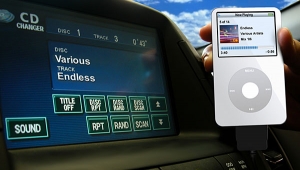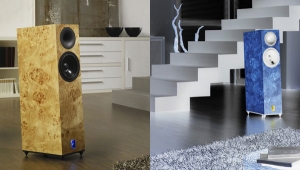| Columns Retired Columns & Blogs |
As one matures, one developes taste. Food, music, cars, sex, or art, it takes a while, before you get it. With audio equipment, it means you expose yourself to live, so you can evaluate the sound the equipment is giving you. The more equipment you listen to the better you can judge. It's the same with fine dining. If you just eat fast food, you can't tell, what's good.


























